In today’s digital world, coding is one of the most valuable skills a child can learn. It sparks creativity, boosts problem-solving, and opens doors to future careers in tech. Among the many programming languages, Lua stands out as one of the easiest and most fun for kids to pick up. Suppose you’re thinking about enrolling your child in Lua coding classes. In that case, this blog will show you how these classes help kids build skills through exciting, hands-on projects—setting them on the path to becoming tomorrow’s game developers and tech innovators.
What is Lua Coding and Why is it Great for Kids?
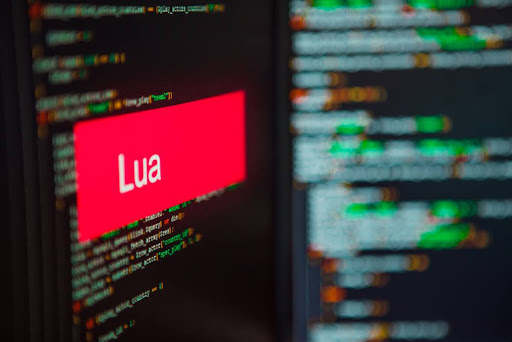
Lua is a versatile, easy-to-learn programming language that is widely used in game development, embedded systems, and even robotics. It was designed with simplicity in mind, making it perfect for beginners. The syntax is straightforward, which means kids can quickly grasp core programming concepts without getting bogged down by complex rules.
One of Lua’s key advantages is its use in platforms like Roblox, where kids can code games and build virtual worlds. Its simple syntax lets them create interactive projects with fewer lines of code, boosting confidence and making learning fun.
“The ability to solve problems is the foundation of coding, and coding is the foundation of creating the future.” — Tim Cook, CEO of Apple.
What to Expect from Lua Coding Classes?
Imagine your child not just learning theory, but creating real projects that apply the coding concepts they learn. These classes are designed to introduce essential programming skills in a way that keeps the learning process fun and interactive. It’s not just about learning, it’s about the excitement of creating something new and unique.
Curriculum Breakdown in Lua Coding Classes
Are you curious about what your child will experience in a Lua coding class? Here’s a sneak peek at what a typical class looks like, just expand the sections below to read on:
Kids will get hands-on with key programming concepts like variables (storing information), loops (repeating actions), and conditionals (making decisions in code). These fundamentals set the foundation for everything they’ll do in the class.
This week, children will learn the structure of Lua code and how to work with objects, whether creating characters, backgrounds, or interactive elements in their projects. This will give them the tools to start building dynamic, working programs.
Here, kids dive into the fun part: building interactive gameplay elements. They’ll learn how to design actions and reactions in a game, such as making characters move, jump, or respond to player input, setting the stage for actual game development.
Every code is flawed the first time! Week 4 focuses on debugging, which is finding and fixing errors in their projects. This not only helps kids become better coders but also teaches problem-solving skills as they learn to troubleshoot and refine their work.
By the end of the week, they’ll have a working project they can be proud of. This sense of accomplishment is not just for the kids but for you as a parent, knowing that your child has learned and created something significant.
These classes are typically designed for kids aged 8 and above, providing an engaging way for them to start coding with real-world applications. Whether they’re interested in creating a simple animation or a complex Roblox game, Lua coding classes give them the skills to bring their ideas to life. You can be reassured that what they’re learning is not just theoretical but has practical applications in the digital world.
Fun Projects Kids Can Build with Lua
The best part of Lua coding classes for kids is that they can learn by building exciting projects. Unlike other languages, which require students to follow along with examples, Lua encourages creativity and exploration, which allows kids to create games, apps, and even animations.
Let’s dive into some fun projects that kids can work on in Lua coding classes:
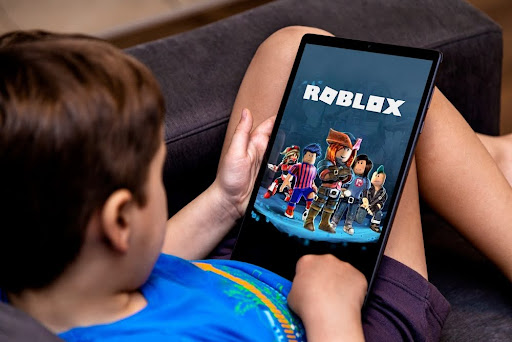
- Creating Games on Roblox: Roblox is one of the most popular platforms among kids. Lua is used for game development with roblox. Students in Lua coding classes learn how to make games like obstacle courses, platformers, or even puzzle games that they can share with friends or the Roblox community.
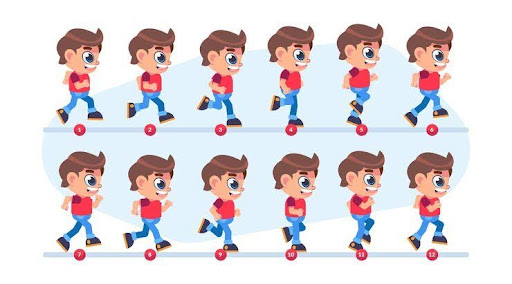
- Interactive Animations: Lua is great for animating objects and characters. Kids can create animated stories or even simple interactive characters that react to user input, helping them understand the concept of interactivity in programming.

- Chatbots and Virtual Assistants: A fun introduction to artificial intelligence, kids can create basic chatbots using Lua to help them learn about natural language processing and logic flow in a fun, manageable way.
Success Stories: Real-Life Examples of Kids Learning Lua
Many kids have found success through Lua coding classes, and their stories can serve as inspiration for your child.
1. The Rise of Roblox Game Creators Using Lua
Roblox is one of the most popular platforms for kids, where they can create and share their own games with others. One notable success story is that of Alexandria, a young game developer who started learning Lua coding when she was just 10 years old.
With the help of Lua programming, Alexandria began creating her own Roblox games, gaining a large following.
One of her most popular games, “Space Battle Arena”, became a community favorite. Through her success, she was able to build a portfolio, receive feedback from players, and even monetize her creations. Her journey demonstrates how learning Lua through platforms like Roblox is beneficial for kids‘ real-world success and even a pathway to becoming professional game developers.
2. Thomas Suarez – Teen App Developer and TED Speaker
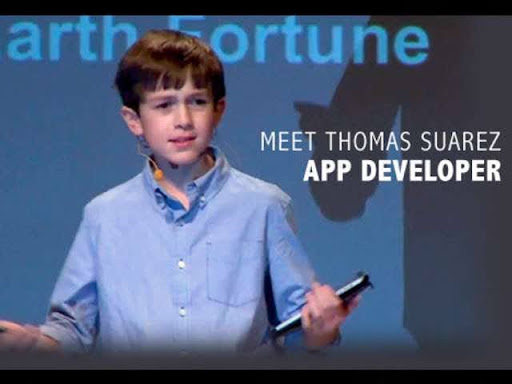
At just 12 years old, Thomas Suarez made headlines as a self-taught app developer. He learned programming on his own and developed several apps, including “Earth Fortune” and “Bustin Jieber”– a game that poked fun at pop star Justin Bieber. His apps were published on the App Store, and he even got the chance to speak at TEDx, sharing his journey as a young developer.
While Thomas didn’t directly learn Lua for his early projects, his story exemplifies how kids who learn coding (regardless of the language) can achieve remarkable success. If Lua coding classes ignite the same passion for coding, it’s easy to see how a young learner could go from basic game development to even creating games for platforms like Roblox using Lua.
These two stories highlight how learning Lua and coding at an early age can lead to incredible opportunities. Whether it’s through building apps or creating games on Roblox, the potential for young learners is vast.
How to Find Lua Coding Classes Near Me?
Finding the suitable Lua coding class for your child can feel like a big task, but there are plenty of great options to explore! Whether you’re looking for in-person classes or online courses, there are many resources to help your child learn Lua and develop their coding skills. Here’s how to get started:

1. Explore Local Colleges and Schools
Your local colleges, universities, and coding schools might offer classes that teach Lua, especially as part of game development or computer programming courses. Many schools also host workshops or summer camps that focus on coding, and Lua often comes up in those, particularly for game development.
Pro Tip: If you’re unsure, don’t hesitate to contact local institutions directly. They may have coding programs that aren’t immediately visible online, or they may even offer weekend or evening workshops for kids.
2. Check Out Online Learning Platforms
If you prefer online learning or if in-person classes aren’t available nearby, several online platforms offer great Lua courses for kids. Websites like Codeacademy and Tynker offer courses designed specifically for younger learners. These courses are interactive and fun, making learning Lua feel like a game.
Pro Tip: Platforms like Tynker also offer a gamified learning experience, which is perfect for keeping kids engaged. Many of these platforms also offer free introductory lessons so your child can try them out before committing.
3. Look for Local Coding Bootcamps and Workshops
If your child thrives in a more structured environment with hands-on instruction, look for local coding boot camps or workshops. Many community centers and coding schools offer coding programs that cover Lua, especially within the context of game development. These classes often have smaller group sizes, which means more one-on-one attention from instructors.
Pro Tip: Focus on coding camps that teach game development. These are more likely to incorporate Lua since it’s commonly used in engines like Roblox and Love2D.
4. Find a Private Tutor or Group Class
For kids who need more personalized instruction, hiring a private tutor or enrolling in a small group class can be a great choice. Platforms like Wyzant and Superprof let you search for tutors who specialize in Lua, and many offer both in-person and virtual lessons. This option can be ideal if your child prefers to learn at their own pace or needs extra help with specific areas.
Pro Tip: A tutor can tailor lessons to your child’s exact needs, whether they’re a complete beginner or looking to tackle more advanced topics. Also, you can often arrange for flexible lesson times that work with your schedule.
By exploring these options, you’ll be well on your way to finding the right Lua coding class that suits your child’s interests, whether they’re looking to build their first game or have fun learning programming. From local coding schools and online platforms to private tutoring, the possibilities are endless!
Lua Coding Communities and Resources
After completing Lua coding classes, young coders need to have access to communities and resources where they can continue to learn, share projects, and interact with like-minded individuals. Additionally, engaging with Lua coding communities helps kids improve their coding skills and stay motivated to keep learning. Let’s check out some valuable resources and communities that young learners can use to deepen their understanding of Lua:
1. Roblox Developer Forum
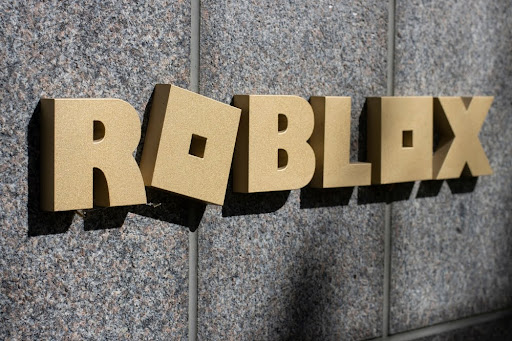
The Roblox Developer Forum is a fantastic resource for young coders who want to improve their Lua skills. It’s a space where game developers—especially younger learners—can share their projects, ask questions, and receive feedback. Also, the forum offers resources like tutorials, coding guides, and examples to help kids refine their game development skills using Lua.
2. Lua.org
For those looking to explore Lua more deeply, the official Lua website, Lua.org, offers comprehensive documentation, tutorials, and learning guides. This is an excellent resource for both beginners and more advanced coders, offering a clear overview of Lua’s syntax and applications. Additionally, it links to forums and online communities for additional support.

3. Tynker
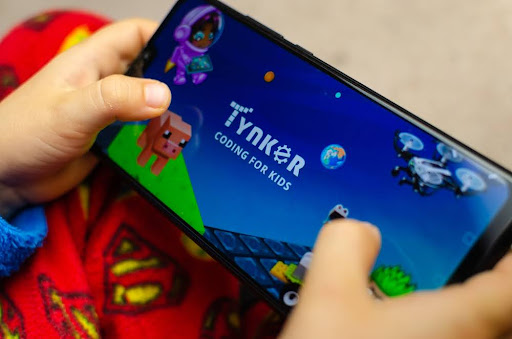
Tynker is an educational platform that provides a fun, gamified environment for kids to learn programming. Although it’s known for teaching a variety of programming languages, it also offers specialized courses for Lua, particularly in the context of game development. The platform features a mix of interactive lessons, puzzles, and project-based learning to keep kids engaged.
4. CodeCombat
CodeCombat is an online game that teaches coding through interactive gameplay. Kids learn coding languages, including Lua, by solving puzzles and advancing through levels. This hands-on approach to learning makes it one of the most engaging ways for kids to practice their Lua skills.
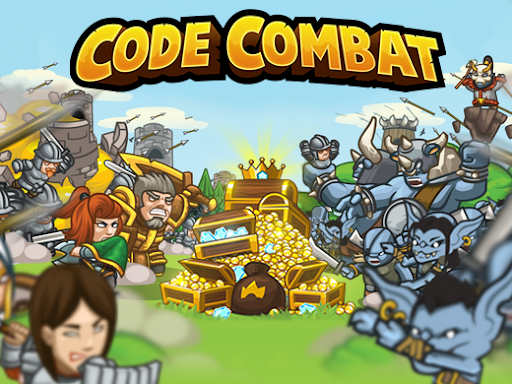
5. Scratch Community
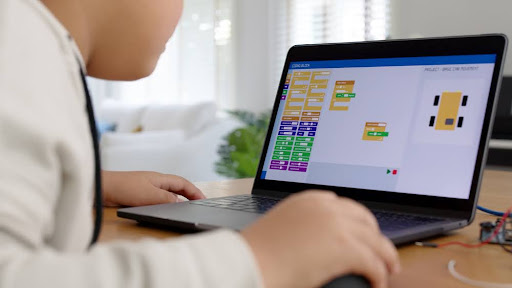
While Scratch primarily uses its visual programming language, it is an excellent community for young coders to get feedback on their projects and collaborate with other learners. Many coders who start with a Scratch transition to Lua later on, and the Scratch community provides support and inspiration for those taking their first steps in programming.
Why Start Lua Coding Classes Early?
Starting Lua coding classes at an early age offers several key benefits. Here’s why it’s a great choice for your child:
- Developing Problem-Solving Skills: Lua teaches kids how to break down complex problems into manageable parts. This ability to troubleshoot and think critically is an invaluable skill in all areas of life.
- Building Creativity: Coding with Lua gives kids the opportunity to create interactive projects, boosting their creativity and allowing them to express their ideas in new ways.
- A Foundation for Future Learning: Lua is an excellent introductory language. And, it provides a solid foundation for learning other programming languages, such as Python or JavaScript.
- Career Opportunities: Lua is used by major companies in the game development industry, such as Roblox, Blizzard, and EA. Learning Lua can set kids on a path to a career in game development or software engineering.
According to a study conducted by the National STEM Education Center, students who participated in coding programs saw a 30% improvement in their problem-solving skills. The study also found that kids who were exposed to coding early were more likely to pursue higher-level STEM education in fields like engineering and computer science.
Conclusion: Empower Your Child with Lua Coding Classes
Lua coding classes for kids are a fantastic way to introduce young learners to programming while ensuring they have fun and stay engaged. Through hands-on projects and interactive learning, kids not only learn to code but also develop problem-solving skills, creativity, and the confidence to build their games and applications. Whether your child is interested in game development on Roblox, building animations, or creating interactive programs, Lua coding classes offer endless possibilities.
So, if you’re ready to help your child take the next step in their coding journey, search for Lua coding classes near me today and start building the skills they need to succeed in the digital age.
Moonpreneur is on a mission to disrupt traditional education and future-proof the next generation with holistic learning solutions. Its Innovator Program is building tomorrow’s workforce by training students in AI/ML, Robotics, Coding, IoT, and Apps, enabling entrepreneurship through experiential learning.


























After reading this blog, it seems like Lua is perfect for kids starting their coding journey. How can parents support kids in mastering Lua, especially when it comes to balancing learning with creating fun projects? Any tips for maintaining their motivation?
That’s a good question!! Supporting kids in mastering Lua starts with combining structured learning and creative exploration. At Moonpreneur, we offer fun, project-based coding classes that engage children with hands-on activities. Encourage them to set small goals, like scripting a mini-game, to keep their motivation high. Celebrate their progress and consider exploring Lua-based communities or resources given in the blog to deepen their understanding. Balancing learning with creating fun projects helps kids stay excited about coding!
My son recently started exploring game development, and Lua quickly became his favorite coding language! He loves how intuitive it is for creating game scripts, especially for platforms like Roblox. It’s great to see a language that’s both fun and powerful for young learners.